Month
- October 2025
- September 2025
- August 2025
- July 2025
- June 2025
- May 2025
- April 2025
- March 2025
- February 2025
- January 2025
- December 2024
- November 2024
- October 2024
- September 2024
- August 2024
- May 2024
- December 2023
- November 2023
- October 2023
- September 2023
- August 2023
- July 2023
- June 2023
- May 2023
- April 2023
- March 2023
- February 2023
- January 2023
- December 2022
- November 2022
- October 2022
- September 2022
- August 2022
- July 2022
- June 2022
- May 2022
- April 2022
- March 2022
- February 2022
- January 2022
- December 2021
- November 2021
- October 2021
- September 2021
- August 2021
- July 2021
- June 2021
- May 2021
- April 2021
- March 2021
- February 2021
- January 2021
- December 2020
- November 2020
- October 2020
- September 2020
- August 2020
- July 2020
- June 2020
- May 2020
- April 2020
- March 2020
- February 2020
- January 2020
- December 2019
- November 2019
- October 2019
- September 2019
- August 2019
- July 2019
- June 2019
- May 2019
- April 2019
- March 2019
- January 2019
- December 2018
- November 2018
- October 2018
- September 2018
- August 2018
- July 2018
- June 2018
- May 2018
- April 2018
- March 2018
- February 2018
- January 2018
- December 2017
- November 2017
- October 2017
- September 2017
- August 2017
- July 2017
- June 2017
- May 2017
- April 2017
- March 2017
- February 2017
- January 2017
- December 2016
- November 2016
- October 2016
- September 2016
- August 2016
- June 2016
- May 2016
- April 2016
- March 2016
- February 2016
- January 2016
- May 2015
- May 2014
EU’s Role in Strengthening Secondary Powers in the Indo-Pacific Amid US Leadership Uncertainties
In an article for the Torino World Affairs Institute’s Indo-Pacific Outlooks, Pongphisoot Paul Busbarat and Thanawit Wangpuchakane argue that the EU can play an indispensable role in reinforcing the agency of Indo-Pacific secondary powers, such as Japan, South Korea, Australia, India, and ASEAN. Through a series of cooperative, inclusive, multilateral frameworks, the EU can help maintain the liberal order, stabilizing the region at a time of a growing leadership vacuum in the Indo-Pacific.
The Great Rebalancing of Area Studies
In an article for East Asia Forum, Gerhard Hoffstaedter discusses China's rising influence over area studies, particularly in Southeast Asia. What was once an area dominated by Western scholars has shifted, in light of funding cuts and shifting government priorities by the US, UK, EU, and Australia. The shift towards Chinese advancements in this area constitutes a fundamental rebalancing of global knowledge production with profound geopolitical implications.
Legacies of War: Unhealed Wounds and the Deportation of Southeast Asian Refugees
Jonathan Lam's essay published in the Southeast Asia Digital Library examines the lasting legacy of the Vietnam War and the US Secret War in Southeast Asia, particularly the extensive bombing campaigns in Laos and Cambodia. The essay explores the devastation caused by US military intervention, the refugee and deportation crisis since the fall of Saigon, and how connections to these historical patterns of US imperialism continue to shape the lives of Southeast Asian diaspora communities today.
ASEAN Must Help to Fill the Global Leadership Vacuum to Protect its Regional Backyard
In an article by East Asia Forum, Mari Pangestu and Julia Tijaja discuss the need for ASEAN to strengthen regional resilience in light of geopolitical tensions and the negative effects of US tariffs on the region's economy. By deepening regional integration, fully implementing RCEP, coordinating and addressing reforms and priorities, ASEAN may turn these issues into an opportunity for growth and leadership.
New Thai Prime Minister, New Prospect for Restoring Cambodia-Thailand Relations?
In an article for Cambodianess, Him Rotha and Sreng Hengsal discuss what Anutin Charnvirakul's rise as Thailand's PM means for relations with Cambodia. Despite Anutin's willingness to resolve the dispute with Cambodia through "peaceful means" several constraints remain, such as Anutin's administration only lasting four months, and the prevalence of military influence in Thailand.
A Curator Flees Bangkok After China Deems His Art Show Too Provocative
In an article by The New York Times, Francesca Regalado writes about a recent museum exhibition in Thailand that criticized authoritarian governments in China, Myanmar and other countries. The curator, an artist from Myanmar, swiftly left the country from fear of being arrested and deported back to Myanmar. Chinese authorities wanted the museum to remove the names of artists from Hong Kong, Tibet, and Xinjiang, as matters in these areas were “purely China’s internal affairs.”
Call for Applications - The Asia Foundation Development Fellows Program
Ready to take your leadership journey to the next level?
Applications are now open for the 2026 Asia Foundation Development Fellows! Join a unique fellowship program for future leaders across Asia-Pacific who are driving change in their communities.
Here's what you'll gain:
✅ Study tours in Korea and the United States
✅ Executive coaching and mentoring
✅ Professional development award
Don't miss your chance to become a global changemaker!
🗓️ Applications close on November 10, 2025


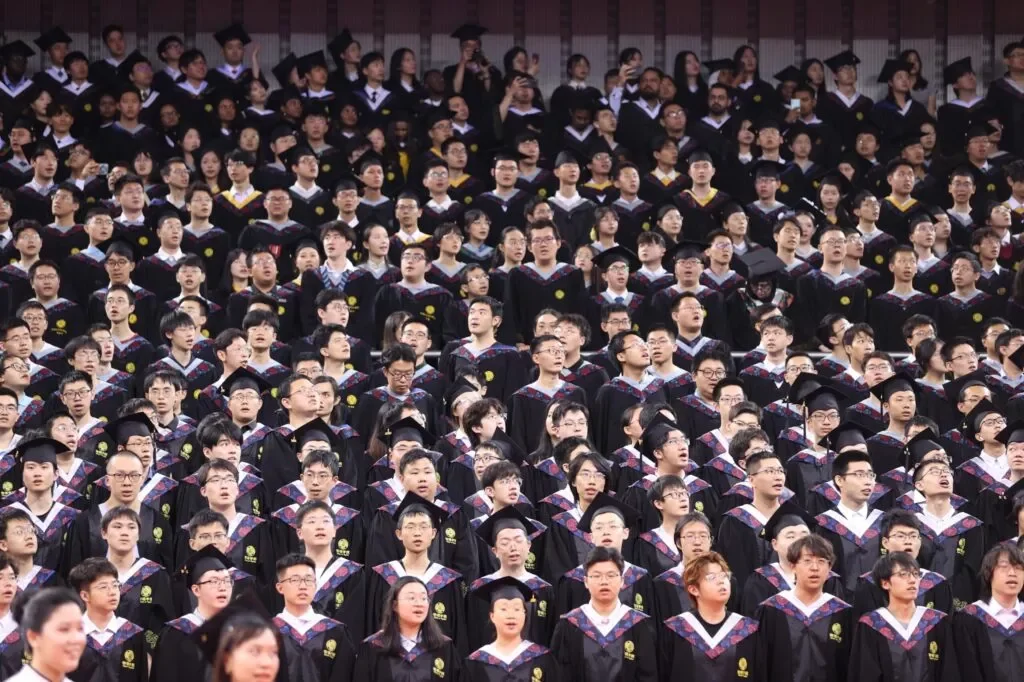

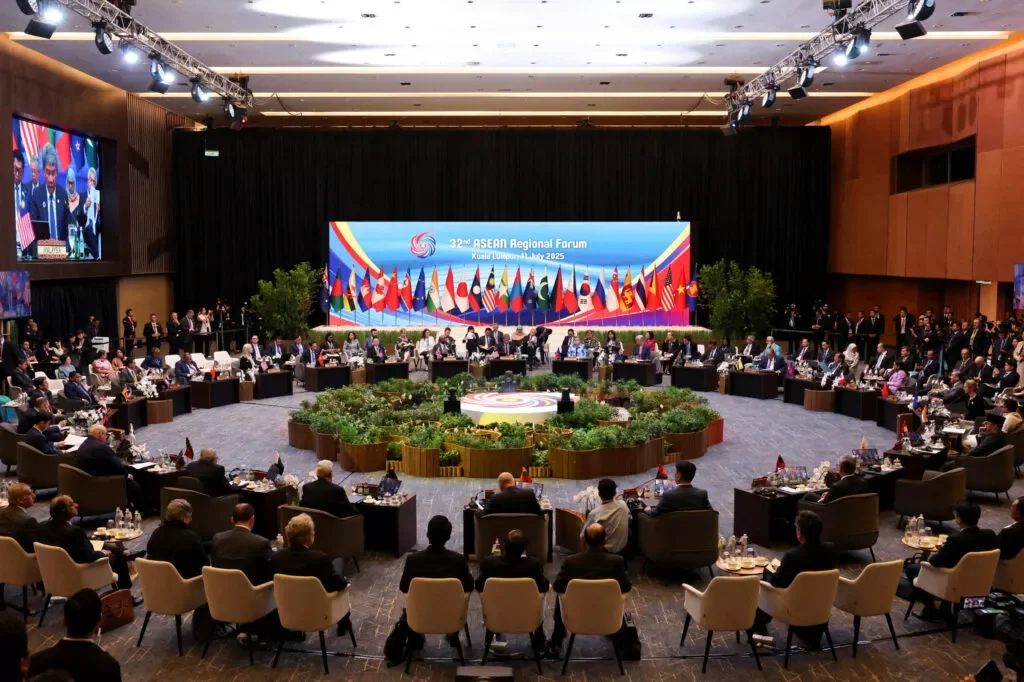

![[Video] Future Forum: Cambodia in a Renewed Global Order](https://images.squarespace-cdn.com/content/v1/657a0c3cd9317f7b22ebbb67/1760047721889-GPZFJKXDFTRLMH0FUJLX/sddefault-3.jpg)
![[Video] Thant Myint-U on U Thant’s Legacy and the Future of the United Nations](https://images.squarespace-cdn.com/content/v1/657a0c3cd9317f7b22ebbb67/1760047510941-3P9V20J0HUKJOAPDWVR8/sddefault-2.jpg)
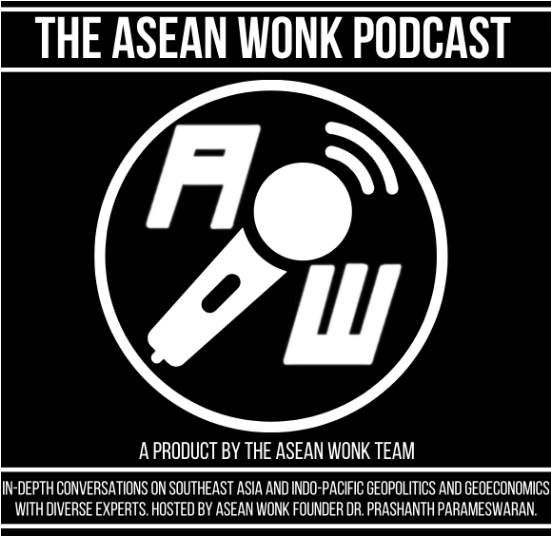




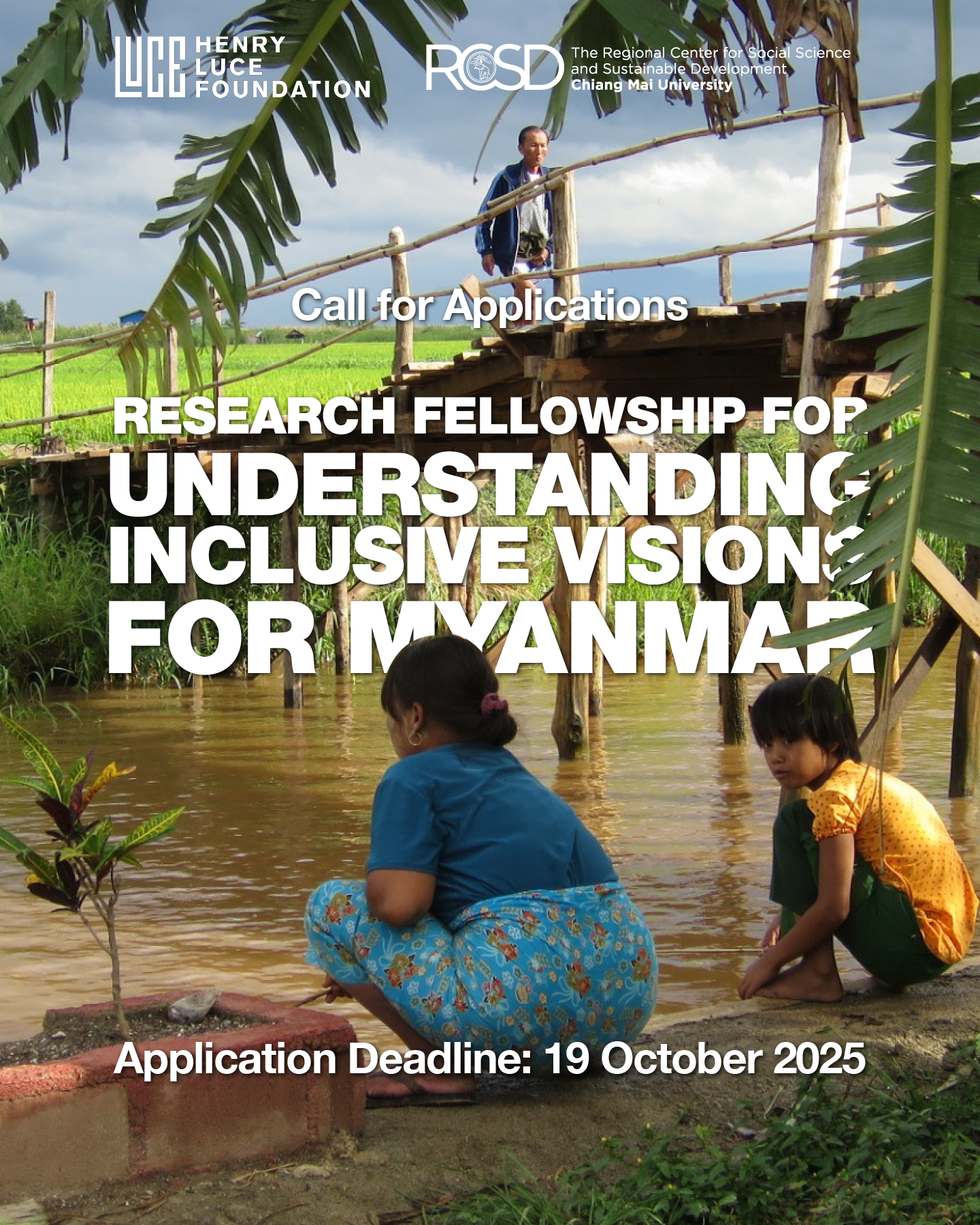
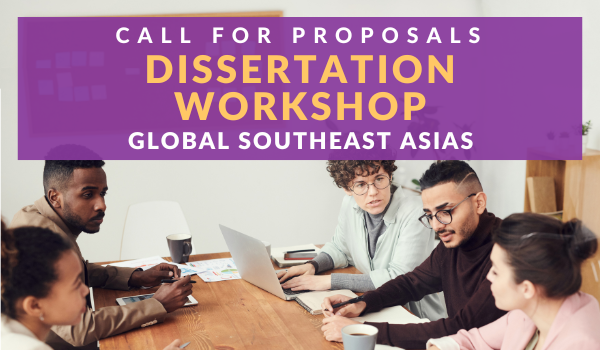


![[Recording] Global Unravel, Great-Power Conflict, Middle Powers, and Small-State Dilemmas](https://images.squarespace-cdn.com/content/v1/657a0c3cd9317f7b22ebbb67/1759272044440-DWQS461Y8MC60E4YZY3A/sddefault.jpg)
